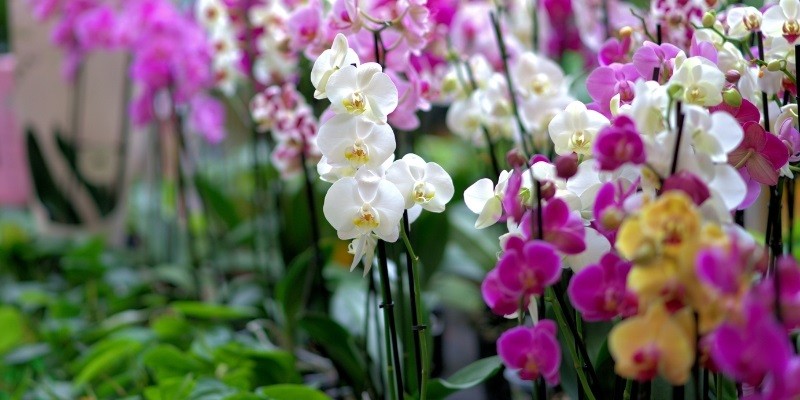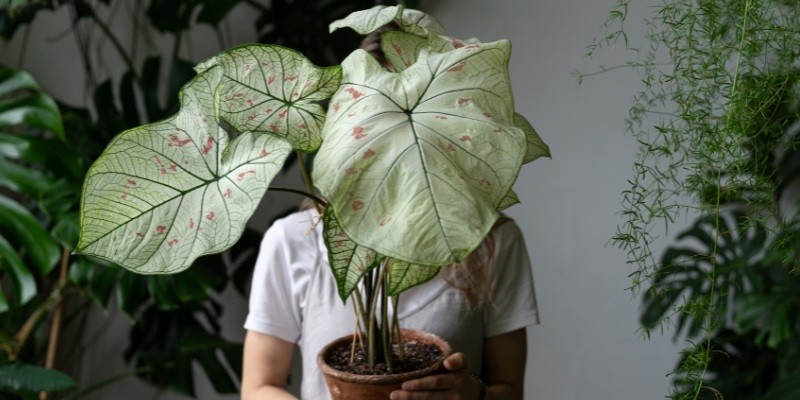Last Updated on January 15, 2025
If you’re seeking to create a more balanced and harmonious environment within your home, the ancient art of Feng Shui might be just the inspiration you need. Feng Shui, which translates to “wind and water,” is a philosophy that emphasizes the flow of energy and the arrangement of elements to promote well-being and positive energy in your living spaces. One powerful and aesthetically pleasing way to incorporate Feng Shui principles into your home is by embracing the use of carefully selected indoor plants.
Incorporating indoor plants into your interior design not only adds a touch of natural beauty but also invites positive energy and serenity into your living space. Regardless of your location, whether it’s a bustling city or a tranquil suburb, plants suitable for Feng Shui can help you achieve a harmonious balance within your home. By thoughtfully placing these plants, you can create a sanctuary that resonates with the principles of Feng Shui and transforms your space into a tranquil retreat. Taking good care of houseplant at home can create more balanced and harmonious environment within your home.
The Power of Plants in Feng Shui
Plants have been valued in Feng Shui for their ability to enhance the flow of positive energy, or “Chi,” and to purify the air. These living, breathing additions to your home can promote balance, tranquility, and growth. However, not all plants are created equal in the world of Feng Shui. Some are believed to bring more auspicious energy than others. Let’s delve into some of the most popular plants suitable for Feng Shui.
The Lucky Bamboo (Dracaena Sanderiana):
The Lucky Bamboo is a well-known Feng Shui plant. Its name itself suggests good fortune. Typically arranged in various numbers, the number of stalks is believed to bring different types of luck. For instance, three stalks symbolize happiness, longevity, and wealth. Keep your Lucky Bamboo in a glass container with water to further amplify its positive energy.
The Money Plant (Epipremnum aureum):
As the name suggests, the Money Plant is said to attract wealth and prosperity. This hardy, low-maintenance plant with heart-shaped leaves is known for its air-purifying qualities. Place it in the southeast corner of your home or office to encourage financial growth.
The Peace Lily (Spathiphyllum):
This elegant plant is a symbol of peace and purity. The Peace Lily purifies the air and brings harmony to your space. Its white flowers are said to ward off negative energy. Place it in areas where you wish to restore balance and tranquility.
The Snake Plant (Sansevieria):
The Snake Plant, with its striking vertical leaves, is known for its ability to absorb toxins from the air. It’s often placed near the entrance of homes and offices to ward off negative energy and promote positivity. Note that the place of the snake plant is very important in Feng Shui.

The Orchid (Orchidaceae):
Orchids are admired for their stunning flowers and their representation of love and fertility. They bring an aura of refinement and elegance to your space. For the best Feng Shui, display orchids in the bedroom to promote love and romance.
The Jade Plant (Crassula ovata):
The Jade Plant is considered a symbol of good luck and prosperity. Its coin-shaped leaves are believed to attract wealth and success. Place it near your entrance to invite good fortune into your home.
The Pothos (Epipremnum aureum):
Also known as Devil’s Ivy, Pothos is a popular choice for its ease of care and air-purifying abilities. Its trailing vines represent growth and abundance, making it a great addition to your home or workspace.
These are just a few examples of the many plants suitable for Feng Shui that can bring positive energy, prosperity, and balance to your living space. To get required By incorporating these plants strategically and thoughtfully, you can create a sanctuary that aligns with the principles of Feng Shui. From the symbolism behind specific plants to the optimal placement within your home, we’ll guide you through the art of incorporating greenery for a more balanced and harmonious life. To bring all the features related to feng shui into your home, you should take good care of your plants. If you need information about the maintenance and growth of any plants, we recommend visiting thehplants website, which provides complete information in this field.
There are some indoor plants that are known as wealth plants in feng shui , if you are looking to attract wealth and success, be sure to have a list of these plants.
guidelines for placing plants in accordance with Feng Shui principles:
The Bagua Map
The Bagua is an energy map that divides your space into nine areas, each representing a different aspect of life. Place plants in the appropriate areas to support the corresponding life areas. For example, a healthy plant in the Wealth and Prosperity area (southeast) can enhance financial opportunities.
Balance and Harmony
Balance is a key concept in Feng Shui. Arrange your plants in a way that creates a visually pleasing and harmonious atmosphere. Avoid overcrowding or having too few plants in one area.
Health and Well-being
Place plants in the Health area (center) to promote well-being. Plants with rounded or smooth leaves are believed to have a calming effect, while those with pointed or spiky leaves may disrupt the flow of energy.
Avoid Sharp Corners
Avoid placing plants with sharp or spiky leaves in high-traffic areas where they might cause accidents or block pathways.
Entryway
Placing a healthy and vibrant plant near the entryway can invite positive energy into your home or workspace. Avoid placing plants with thorny or aggressive growth near the entrance.
Bedroom
In the bedroom, opt for plants with soothing qualities like lavender or snake plants. Avoid too many plants with aggressive growth or strong scents.
Bathroom
Bathrooms can benefit from plants that thrive in low light and high humidity, such as snake plants or bamboo.
Consider the Five Elements: Feng Shui recognizes five elements—Wood, Fire, Earth, Metal, and Water. Incorporate a variety of plants to represent these elements. For example, wood element is represented by wooden plants, while metal element can be represented by succulent pmetroplislants.
So, whether you reside in a bustling metropolis like New York City or a serene countryside retreat, these indoor plants suitable for Feng Shui are your allies in creating a tranquil and balanced atmosphere within your home. Read on to uncover the secrets of this ancient philosophy and discover how you can incorporate these plants to enhance your living space while inviting positive energy and serenity into your life.

